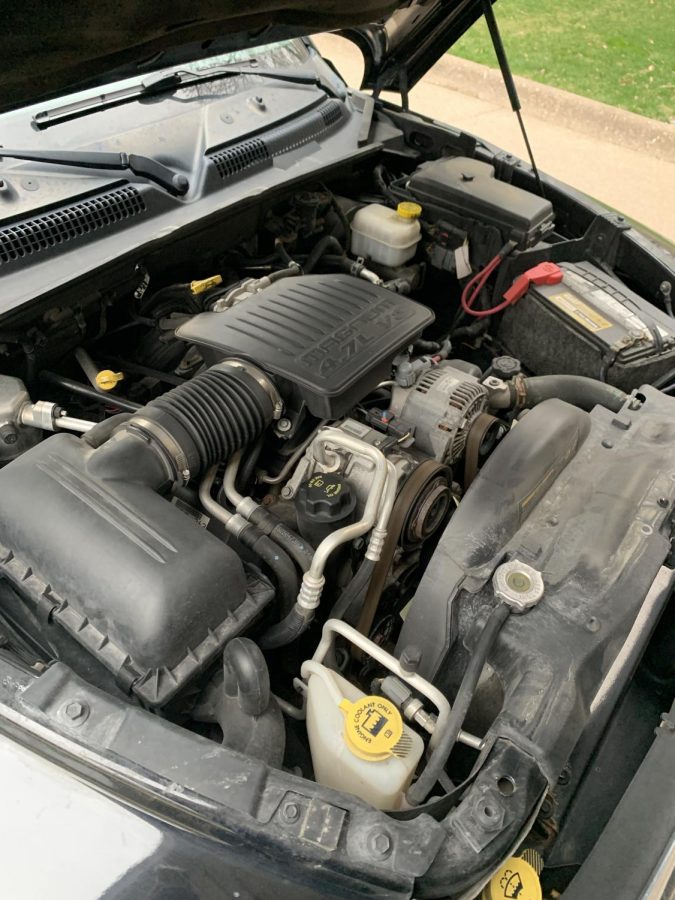The National Highway Transportation Safety Administration (NHTSA) has mandated cars of the 2026 model year to achieve 49 miles per gallon (mpg) industry-wide, the biggest boost in regulations since the increase implemented by the Obama administration in 2009.
As a part of President Biden’s Executive Order on Strengthening American Leadership in Clean Cars and Trucks, the expansion of Corporate Average Fuel Economy (CAFE) regulations will reduce total vehicle emissions as well as save money at the pump. According to the U.S. Department of Transportation, cars of the 2026 model year will be 33% more efficient than the cars of today.
The announcement comes during a time of uncertainty for consumers. Russia’s invasion of Ukraine and the effects of the supply chain crisis have caused a spike in gas prices. By implementing more aggressive regulations, the NHTSA plans to alleviate the inherent financial burden buying gas carries.
In addition to helping drivers, the new regulations take another important step in protecting the environment.
The NHTSA press release stated, “The new CAFE standards for model year 2024-26 will reduce fuel use by more than 200 billion gallons through 2050, as compared to continuing under the old standards.” The decrease in fuel usage will continue to decrease the US’s dependence on fossil fuels; since CAFE was signed into law in 1975, the US has decreased oil consumption by 25%.
So what do the new CAFE regulations mean for consumers?
Foremost, CAFE mpg is different from what is associated with traditional window sticker specifications. Not every car will actually achieve 49 mpg – different target values are calculated based on the type of vehicle, wheelbase and other factors. That means that pickup trucks will have a different, more lenient CAFE standard than subcompact cars. Essentially, the CAFE 49 mpg standard represents an average target for automakers’ fleets.
Consumers can expect to see most cars to average around 46 mpg by 2026, according to Transportation Secretary Pete Buttigieg.
Furthermore, the increase in standards will push automakers to produce more fuel-efficient vehicles, like plug-hybrids, fully electric vehicles and perhaps even hydrogen-combustion powered cars.
Junior Arissa Khan is proud to drive a hybrid vehicle. “The biggest benefit is that I get a lot more miles per gallon, so I have to buy gas a lot less. It’s also a more affordable option to try and reduce my own carbon footprint,” she said. “It’s not the best option in that sense, but it’s better than driving a vehicle that runs solely on gas.”
Ultimately, the new CAFE standards will cut costs for consumers in the long run and combat climate change, but even with the increased regulations, there is much to be done in the sector of environmental health.









